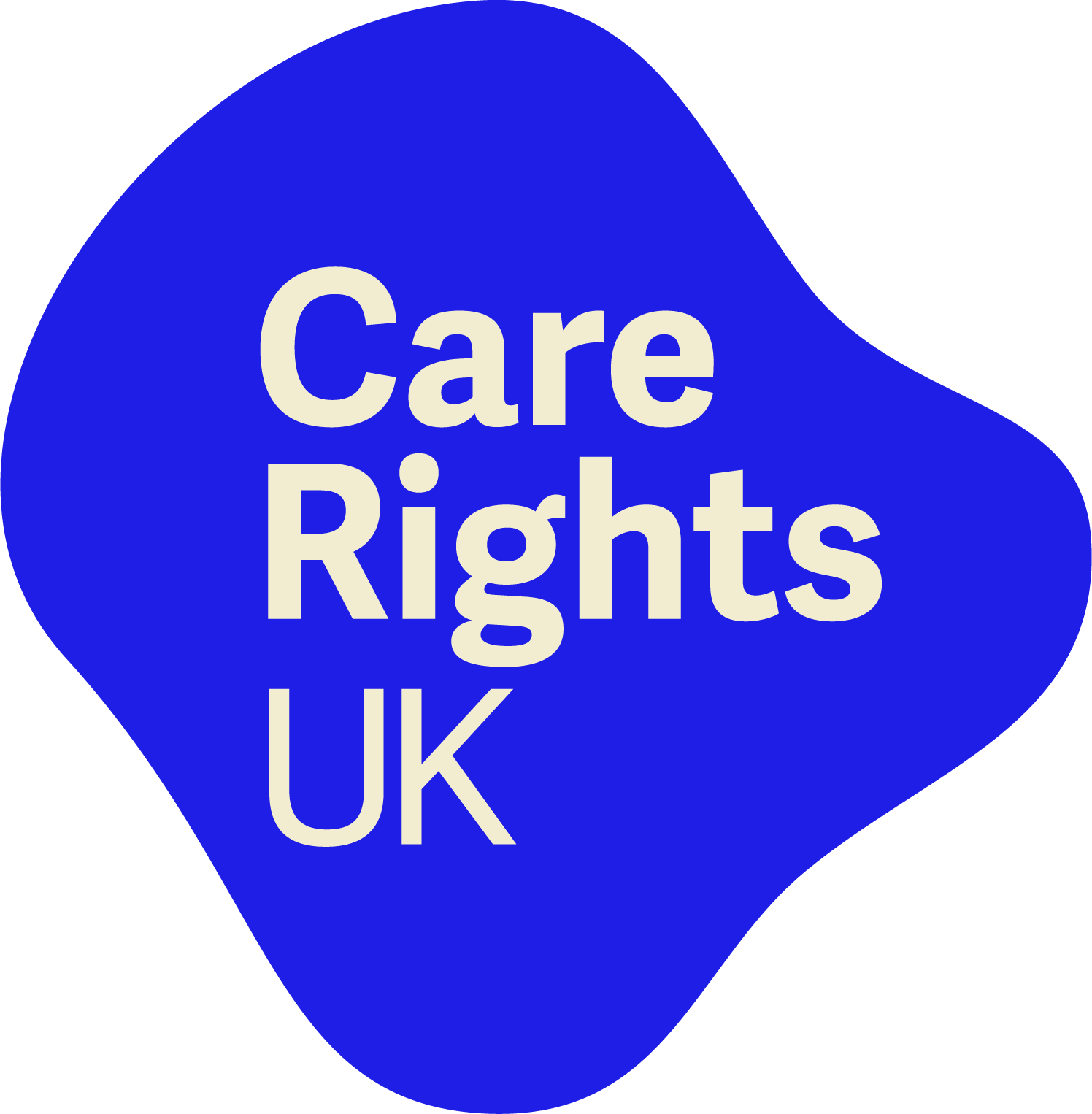Is length of life more important than quality of life?
22/12/2020
Back in June 2019, mum decided she wanted to move into a care home as she was finding living alone increasingly difficult. She chose one with a beautiful corner room. She was one of the fittest people in the home, physically and mentally. She had regular visits from the family, including her great grandson who she adored.
“My mum’s death was hastened by measures in place to ‘protect’ people in homes. Her quality of life was vastly reduced. We need to ask ourselves ‘What is more important, length or quality of life?’”
Towards the end of February Covid measures were imposed. Mum was asked to move out of her room temporarily so that an isolated area could be created. As an ex-nurse and always happy to do things for ‘the greater good’, mum readily agreed. She moved into a smaller room with no telephone connection or toilet. We bought a mobile phone, but mum couldn’t operate it. She lost her regular, private contact with us. Instead we would have short calls, with mum using a phone in the corridor or treatment room.
The move to another room quickly had a negative effect on her mental health. She had been diagnosed with mild Alzheimer’s disease and was often unable to find things in the new room which confused her. Mum’s mobility had been getting steadily worse and her physical health deteriorated. Scans at the hospital revealed spinal stenosis, but were followed by 14 days isolation at the home, back in her original room but now completely unrecognisable to mum. She thought she was in a mental hospital and said: “I don’t know why I’m being punished. I was only trying to help people.” It was just too much change. She couldn’t understand the isolation and her mental health deteriorated.
A urine infection saw her back in the hospital, and another two weeks of isolation on return to the home. Mum said she didn’t want to go back and I literally begged the home’s nurse to look after her. This was one of the most upsetting moments. I felt reduced to begging, that it was all I had left. I felt I had let mum down. I had encouraged her to return, reassured her that we would do our best to be with her, but in reality we weren’t allowed. It felt like the most unnatural thing in the world. I always assumed that when my mum needed me, I would be there. The feeling was so deep and primal, like being a child taken away from their parent.
A few days later the home asked us to visit because mum was very ill. During the next few days, mum saw several family members. Unsurprisingly to us, mum started to improve and sadly that meant that the visits had to stop because she was now not considered to be dying.
The following days were a blur. If mum was considered to be very ill I could visit, but if she picked up, as she tended to do each time, then I wasn’t allowed to see her. It was a complete roller coaster of emotions. This was the worst time of the whole process. At times I was emotionally rung out with the whole thing. But mum said to me: “Sometimes you just have to accept that you’ve done as much as you can, we’ve been very lucky to have this time to see each other. Lots of people haven’t had that.”
That was the last conversation I had with her. I was called to visit as she might not make it through the night. I was so relieved to be with my mum, holding her hand, combing her hair, offering sips of water, reassuring her constantly that she was safe. Every few minutes she would open her eyes, looking frightened and lost. Each time I would tell her everything was alright. Showing her photographs, reading to her, connecting and loving her at this time when she most needed it.
From this point on either my sister, brother or I were able to be with her and we were all there when she died. We felt sad but incredibly relieved that she was no longer suffering the physical and mental torment. We feel very fortunate to have been with mum during her last three days and to have enabled her to have a good death.
I am convinced that mum decided to die. She stopped eating. She’d had enough and there wasn’t enough hope that things would change. If someone had told her she could have visitors again and hold her great grandson I think she would have battled on, but there was little hope offered and her quality of life was too reduced. Whilst she had physical problems, the mental strain was too much for her in the end. I think it was a shock to the staff that mum died when she did, being one of the healthiest and most able people in the home just a month earlier.
We are denying care home residents their human rights by not asking them if they want to continue to be ‘protected’ in this way. We should ask people how they want to spend the last precious part of their lives. The measures we are taking to protect people are causing more suffering than the virus itself.

